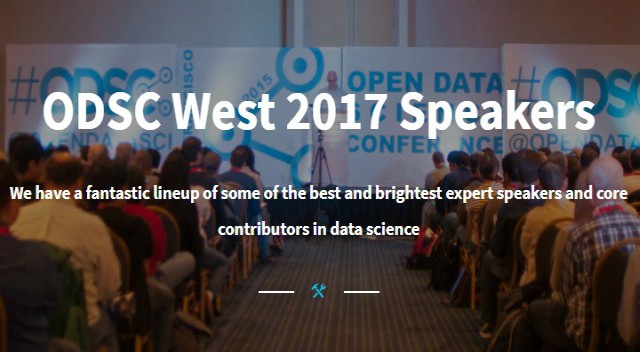
ODSC Speakers 39/72
 LUPETINI, MARIA
LUPETINI, MARIA
Topic : UNEARTHING CLIMATE CHANGE TRENDS WITH EARTH
Abstract: This presentation will introduce the machine learning algorithm, Multivariate Adaptive Regression Splines (MARS), using the Earth package available in open source R code. We will demonstrate the power and flexibility of this algorithm by convers relationships between global temperature change and density of From our NASA’s global climate division in conjunction with global average concentrations of over 40 chemical species. In our modeling, we consider the “common suspects” like carbon dioxide, methane, and nitrous Oxide, as well as ozone-depleting substances, such as chlorofluorocarbons , and other chemical species.
We will show how this algorithm can capture non-linear effects and interactive effects. This power approach incorporates “feature reduction” when many variables are considered. Our climate change example
The marley technique is a strong competitor to neural network modeling. The spline solution provided a clear predictive model by capturing the growth / decline effect of each each build chemical. The
The additional benefits of this spline approache are the “Partial Dependence” graphs that capture the effect of changing one or two variables at a time on the target variable. In this example, the target is the temperature change. The two-way “Partial Dependence “Graphs are more likes when interactive effects of the predictor variables need be be sing
Bio: Machine Learning Leader, Qualcomm Technologies Incorporated Engineering Advanced Analytics Team Founder and Lead
